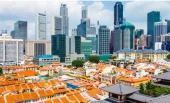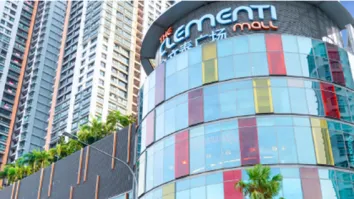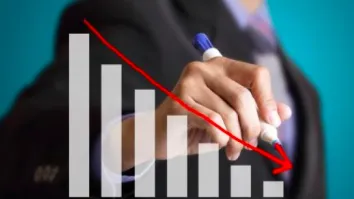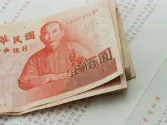
Tighter loan rules sought as South Korea’s household debt hits record
Too much debt is burdening the country’s housing market.
Regulators should consider tightening loan rules amidst the rising number of repossessed properties in South Korea, where household debt rose to a record in 2024 due to demand for home-backed loans, analysts said.
“In a capitalist economy, addressing such polarisation through policy measures alone is not easy,” Yeolmae Kim, head of the research and strategy department at Koramco Asset Management Co. Ltd. in Seoul, told Real Estate Asia.
“Regulators should consider stricter loan regulations such as tightening loan-to-value and debt service ratios to mitigate default risks,” she said in an emailed reply to questions.
The number of auction applications for court-seized properties due to debt delinquency rose to 129,703 in January to November 2024 — an 11-year high — from 105,614 in 2023, according to data from the Korean Supreme Court’s Internet Registry Office.
Korea’s household debt stood at a record $1.34t (₩1,927.3t) at the end of December, up $28.9b (₩41.8t) from a year earlier, Bank of Korea reported this week.
JoAnn Jieun Hong, senior director of research and consultancy at Savills Korea, blamed the rise in repossessed properties on Korea’s jeonse system, in which tenants pay a large, one-time deposit of as much as 80% of a property's market value instead of monthly rent. The sum is then returned to them at the end of the lease term.
Prospective homeowners can buy a house outright, but for those who can not, they need to rent. Renters usually take out a loan to fund the jeonse deposit, which burdens Korea’s housing market with too much debt.
“Since housing prices have fallen and the benchmark interest rate has surged since 2021, owners have struggled to return rental deposits to tenants,” she told Real Estate Asia in an emailed reply to questions. “This resulted in tenants auctioning off the property to recover their deposits.”
Some of the auctioned properties are assets that developers acquired for redevelopment, such as office buildings that were converted to residential units, Kim said.
‘‘However, with rising construction costs and higher interest expenses, many developers have struggled to move forward with their projects, resulting in defaults and auction listings,” she added.
Whilst repossessions are stressing the nation’s property market, they are unlikely to lead to a systemic financial collapse, Hong said.
“Mortgage loans in Korea are mainly made in first-tier financial institutions, and the average loan-to-value level is up to 60%.” This is far from the 2008 housing bubble that rose from predatory lending in the form of subprime mortgages in the United States, she pointed out.
Kim said the difference lies in the role of financial derivatives. Widespread securitisation of subprime mortgages into complex financial products fueled the crisis in the US, she added.
“South Korea's mortgage market is far less reliant on such instruments,” she said. “Instead, the main concern is the high level of household debt, but the absence of risky mortgage-backed derivatives reduces the likelihood of a systemic financial collapse.”
Whilst recovering demand in South Korea’s housing market drives up prices and brings household debt to record levels, construction activity still stalls, threatening market overheating in the capital region due to a demand-supply imbalance, the Global Property Guide said in an October report.
Whilst South Korea’s housing market has recovered to near-peak levels in high-demand areas since the COVID-19 pandemic, the challenge lies in regional and less popular areas, where prices and demand remain weak, Kim said.



















 Advertise
Advertise





